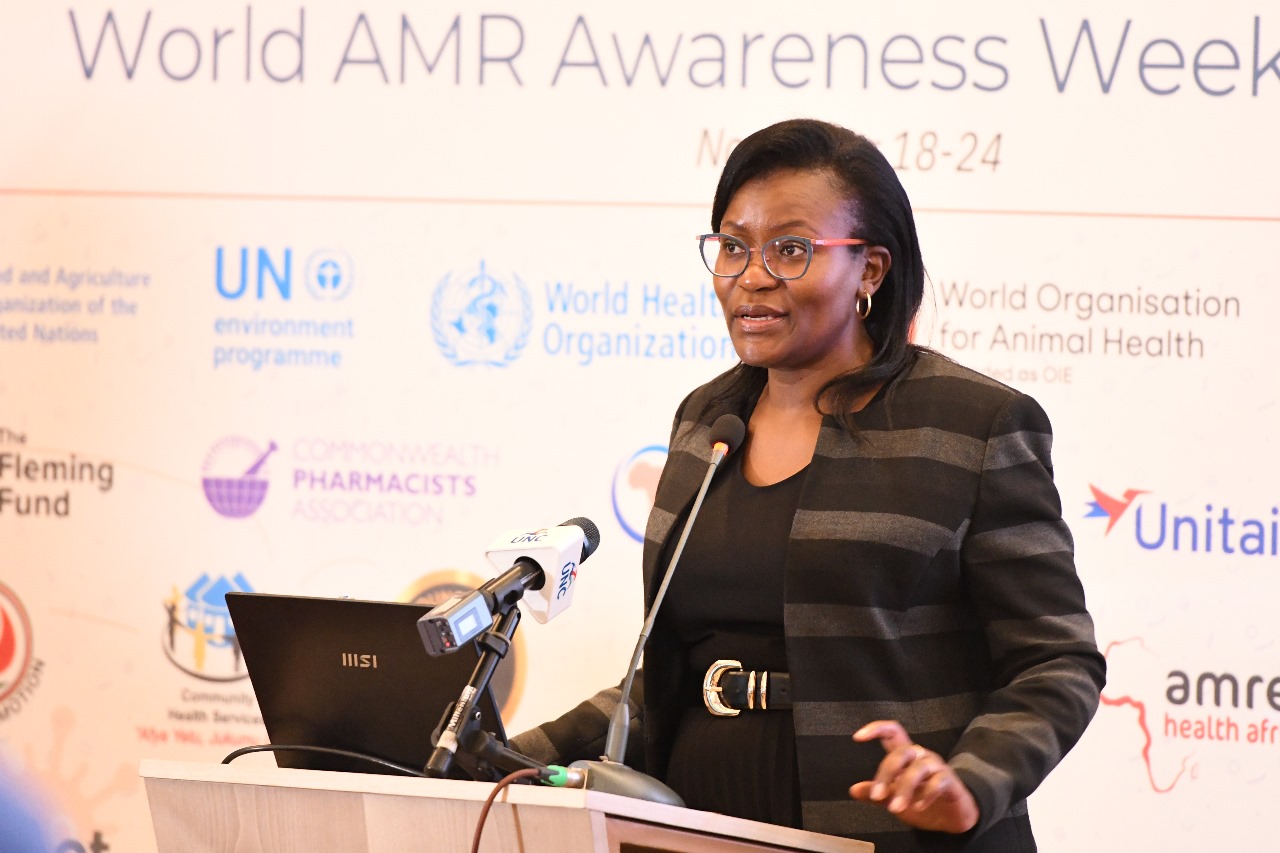
Integrated efforts across human, animal, and environmental health sectors are critical to addressing the growing threat of antimicrobial resistance (AMR).
Dr Loice Ombajo, an infectious disease specialist at the Centre for Epidemiological Modelling and Analysis (CEMA), emphasised the importance of the One Health approach at the World Antimicrobial Awareness Week (WAAW) forum in Nairobi.
She described the One Health approach as a collaborative, multisectoral strategy that recognises the interconnectedness of human, animal, and environmental health to achieve optimal health outcomes.
“AMR occurs when bacteria evolve to resist the effects of antibiotics, leading to infections that are harder to treat, require longer hospital stays, and can result in higher mortality,” Dr Ombajo said.
“Drug-resistant infections significantly increase the likelihood of death compared to infections caused by non-resistant bacteria.”
The forum brought together representatives from the Ministries of Health, Agriculture and Livestock Development, Environment and Forestry, and other stakeholders working on AMR prevention.
A statement read by the representative of the principal secretary of the State Department for Livestock highlighted the need to protect human health from emerging AMR impacts and emphasised the value of the One Health approach in addressing human and animal diseases.
Drawing on national surveillance data coordinated by the University of Nairobi, Dr Ombajo reported that common bacteria, including Escherichia coli, Klebsiella pneumoniae, and Staphylococcus aureus, show high resistance to frequently used antibiotics in Kenya.
She noted that about 70–80 per cent of K. pneumoniae, which causes many newborn infections, are resistant to common treatments. E. coli infections exhibit 60–70 per cent resistance, while around half of S. aureus infections commonly resist available antibiotics.
Such resistance can limit treatment options to more expensive drugs with greater side effects, a situation she described as unsustainable.
Dr Ombajo explained that antibiotic use in humans, animals, and the environment collectively influences resistance patterns.
“Uncontrolled use of antibiotics in livestock can contribute to AMR, which may then enter the human food chain and the environment,” she said.
She emphasised the importance of educating both the public and professionals across sectors to reduce unnecessary antibiotic use and urged that antibiotics should not be purchased without prescriptions.
She also highlighted that gaps in regulatory enforcement, such as over-the-counter antibiotic sales, can exacerbate resistance.
The expert called for sustained government leadership in AMR surveillance and response.
She recommended strengthening laboratory capacity, implementing antimicrobial stewardship programs, and adhering to evidence-based antibiotic procurement guidelines.
Preventing infections through improved hygiene and infection control measures is another key element of the One Health strategy, reducing reliance on antibiotics.
Dr Ombajo’s remarks align with global calls for coordinated multisectoral action against AMR.
She concluded: “This comprehensive approach, involving human, animal, and environmental health sectors working in unity, offers the best hope to stem the tide of antimicrobial resistance and save lives.”















